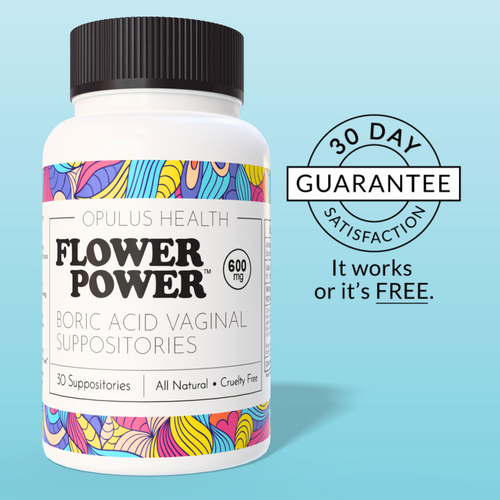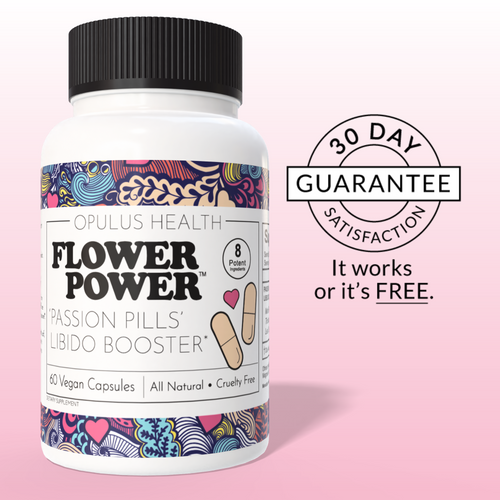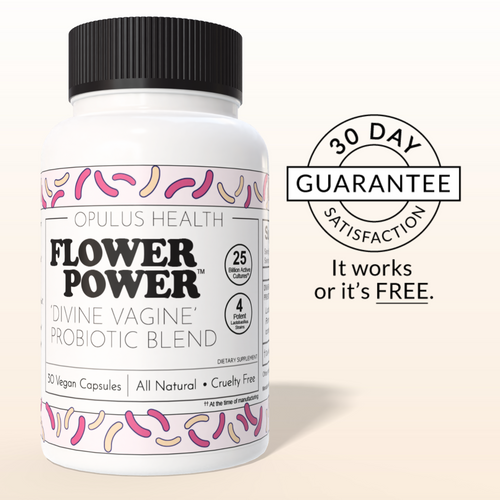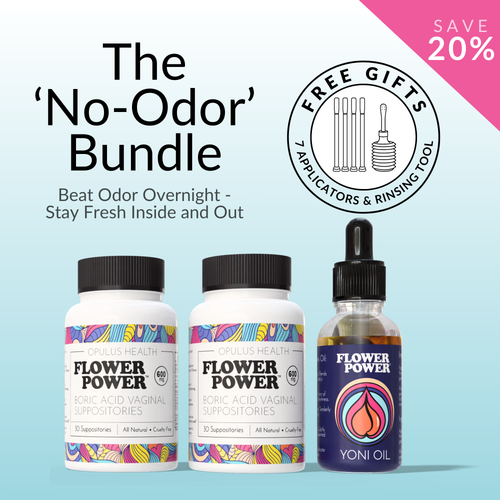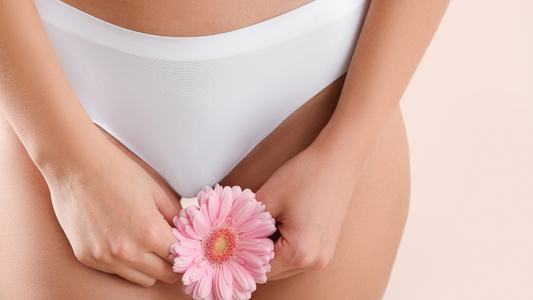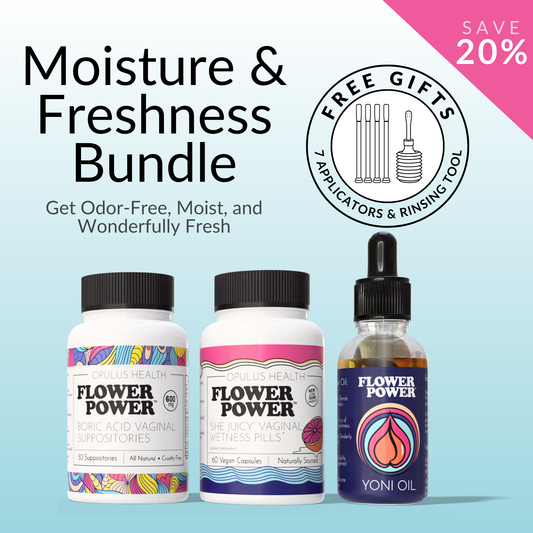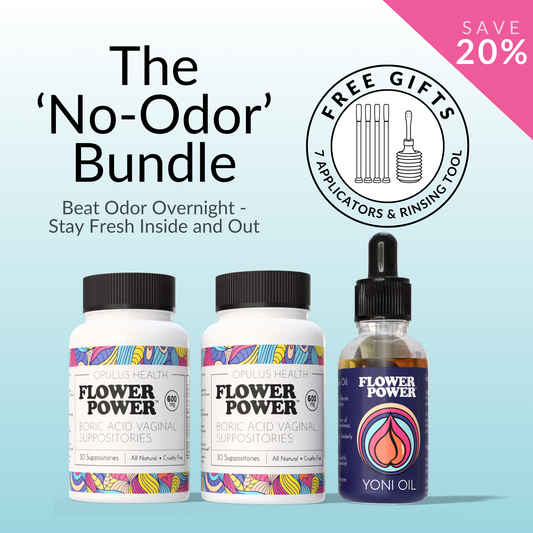Vaginal dryness is a common issue that affects people of all ages—not just those going through menopause. While it can be uncomfortable, even painful at times, it’s also very treatable with the right combination of knowledge, lifestyle choices, and natural remedies.
In this guide, we’ll explore the root causes of vaginal dryness, natural ways to relieve it, and how products like lubricants, moisturizers, and lifestyle practices can restore comfort and balance.
Understanding Vaginal Dryness
Vaginal dryness occurs when the tissues of the vaginal wall are not adequately lubricated. This lack of natural moisture can cause irritation, itching, discomfort during daily activities, and painful intercourse (also known as dyspareunia).
Although often associated with menopause due to hormonal shifts, dryness can appear at any stage of life. Stress, certain medications, lifestyle factors, and even hygiene routines may play a role.
Common Causes of Vaginal Dryness
Vaginal dryness is more common than many people realize, and it can happen at different stages of life. Several factors can disrupt the body’s natural lubrication process, making it important to identify the underlying cause before deciding on the best relief method. Below are the most frequent contributors:
Hormonal Changes
Estrogen plays a key role in keeping vaginal tissue healthy, elastic, and well-lubricated. When estrogen levels drop, the lining of the vagina becomes thinner and produces less natural moisture. This can happen in several situations:
-
Menopause and perimenopause: A natural decline in estrogen often causes persistent dryness.
-
Postpartum and breastfeeding: Hormones shift dramatically after childbirth and while nursing, temporarily lowering estrogen levels.
-
Hormonal birth control: Some pills, patches, and implants can reduce lubrication as a side effect.
-
Surgical or medical menopause: Hysterectomy or cancer treatments (chemotherapy or radiation) can abruptly decrease estrogen.
Medications
Certain prescription and over-the-counter drugs can interfere with natural lubrication. For example:
-
Antidepressants and anti-anxiety medications may alter the way the body responds to sexual arousal.
-
Antihistamines and decongestants dry out mucous membranes throughout the body—including vaginal tissue.
-
Cancer treatments such as chemotherapy or hormone-blocking therapies for breast cancer often reduce estrogen, leading to dryness.
Stress and Anxiety
High stress levels trigger cortisol production, which can interfere with sexual arousal. When the body is tense, blood flow to the pelvic region decreases, making it harder to produce natural lubrication. Emotional stress, relationship strain, or performance anxiety can all play a role in vaginal dryness.
Hygiene Habits
Sometimes, well-intentioned hygiene practices disrupt the vagina’s natural balance:
-
Over-washing or frequent douching can strip away protective natural oils and healthy bacteria.
-
Scented soaps, bubble baths, and harsh cleansers may irritate delicate vaginal tissue, causing dryness and discomfort.
-
Frequent use of panty liners or tight synthetic clothing can create a drying effect and alter the vaginal environment.
Underlying Health Conditions
Certain medical conditions are also linked to vaginal dryness:
-
Diabetes can reduce circulation and nerve sensitivity in the vaginal area.
-
Autoimmune disorders such as Sjögren’s syndrome attack moisture-producing glands in the body.
-
Chronic infections or inflammation can disrupt natural lubrication and make the vagina more sensitive.
Natural Ways to Relieve Vaginal Dryness
While there are medical treatments available, many women prefer to start with natural remedies that focus on overall wellness, comfort, and long-term vaginal health. Here are some natural and holistic approaches you can integrate into daily life:
Stay Hydrated and Eat Nourishing Foods
-
Water intake: Dehydration can worsen dryness. Drinking enough water throughout the day supports tissue hydration, including vaginal tissues.
-
Healthy fats: Foods rich in omega-3 fatty acids (such as salmon, chia seeds, flaxseed, and walnuts) help maintain cell membrane flexibility and tissue lubrication.
-
Phytoestrogens: Plant compounds that mimic estrogen, found in foods like soybeans, tofu, lentils, chickpeas, and flaxseed, may gently support hormonal balance.
-
Antioxidants: Colorful fruits and vegetables (berries, leafy greens, carrots) protect tissues from oxidative stress and improve circulation.
Manage Stress and Support Hormonal Balance
Stress increases cortisol, which can disrupt reproductive hormones and contribute to vaginal dryness.
-
Mind-body practices: Yoga, meditation, and deep breathing exercises lower stress and improve blood flow to the pelvic region.
-
Regular exercise: Activities like walking, swimming, or dancing boost circulation, keeping tissues oxygenated and healthy.
-
Sleep: Quality rest is essential for hormone regulation and tissue repair.
Use Gentle, Natural Moisturizers
Instead of synthetic gels that may contain harsh chemicals, many women find relief with plant-based moisturizers:
-
Coconut oil: Provides lasting lubrication and has mild antimicrobial properties.
-
Aloe vera gel: Naturally soothing, cooling, and hydrating.
-
Vitamin E oil: Helps with tissue repair and moisture.
-
Shea butter or cocoa butter: Nourishing and safe for external use.
(Tip: Always patch-test natural oils first, and choose organic, fragrance-free options to avoid irritation.)
Support the Vaginal Microbiome
A healthy vaginal microbiome is essential for natural lubrication. Disruptions from antibiotics, harsh cleansers, or douching can increase dryness and discomfort.
-
Probiotics: Consuming probiotic-rich foods (yogurt, kefir, sauerkraut) or supplements with Lactobacillus strains may restore healthy flora.
-
Avoid harsh cleansers: Use gentle, pH-balanced washes or just warm water to preserve natural vaginal balance.
-
Cotton underwear & breathable fabrics: Reduce moisture imbalance and irritation.
Prioritize Intimacy and Blood Flow
Sexual activity (with a partner or solo) stimulates blood circulation to the vaginal tissues, supporting elasticity and lubrication.
-
Lubricants during intimacy: Opt for natural, water-based or aloe-based lubricants to reduce friction and enhance comfort.
-
Pelvic floor exercises (Kegels): Improve circulation, strengthen muscles, and support vaginal health.
Explore Herbal and Holistic Remedies
Certain herbs and natural supplements are used in holistic wellness to support hormonal balance and tissue comfort:
-
Black cohosh: Traditionally used to relieve menopausal symptoms, including vaginal dryness.
-
Red clover: Contains phytoestrogens that may support estrogen levels naturally.
-
Evening primrose oil: Rich in gamma-linolenic acid (GLA), which may help balance hormones and support skin health.
-
Maca root: Often used to support libido and hormonal wellness.
(Always consult with a healthcare professional before starting new supplements, especially if you’re on medication or managing health conditions.)
Flower Power’s Natural Solutions
At Flower Power, we believe vaginal health should be nurtured with safe, natural, and effective products. Our solutions are carefully crafted to support your body’s natural balance and provide lasting comfort without harsh chemicals or synthetic hormones.
-
pH-Balanced Lubricants: Designed for daily use, our lubricants are gentle, plant-based, and free from parabens, ensuring smooth intimacy while respecting your body’s natural environment.
-
Long-Lasting Vaginal Moisturizers: Unlike lubricants, our moisturizers offer ongoing hydration that relieves dryness throughout the day, improving elasticity and comfort.
-
Probiotic-Infused Care: Formulas enriched with probiotics help maintain a healthy vaginal flora, supporting long-term balance and reducing discomfort.
-
Natural Herbal Support: We incorporate proven botanical extracts like aloe vera and evening primrose to soothe, hydrate, and restore natural moisture.
With Flower Power, you don’t have to choose between natural and effective—you get both. Each product is created with your well-being in mind, empowering you to feel confident, comfortable, and connected to your body every day.
Key Takeaway:
Natural remedies for vaginal dryness work best when combined into a lifestyle routine—hydration, nutrition, stress management, intimacy, and gentle care all play a role. These daily habits can gradually improve comfort, restore balance, and support long-term vaginal health without harsh chemicals or invasive treatments.
FAQs
What causes vaginal dryness at a young age?
Hormonal birth control (such as pills, patches, or injections) can sometimes lower estrogen levels, which reduces natural lubrication. High stress and anxiety can also disrupt hormonal balance and impact arousal. Certain medications, including antidepressants, antihistamines, and acne treatments, may contribute to dryness as well. Lifestyle factors like dehydration, smoking, excessive alcohol, or harsh hygiene products can further irritate and dry out delicate tissues.
Can vaginal dryness go away naturally?
Yes, in many cases, vaginal dryness may resolve on its own once the underlying cause is addressed. Staying hydrated, eating a nutrient-rich diet, reducing caffeine and alcohol, and practicing stress management can all support natural vaginal moisture. For mild cases, these simple lifestyle shifts are often enough. However, if dryness persists or worsens, additional support with natural lubricants or moisturizers may be necessary.
What is the best natural remedy for vaginal dryness?
Some of the most effective natural options include plant-based moisturizers, organic coconut oil, and soothing aloe vera gel, which can provide immediate relief and hydration. Probiotics—taken orally or vaginally—help maintain a healthy balance of bacteria, which supports vaginal comfort. Certain herbs and supplements, like evening primrose oil, black cohosh, or flaxseed, may also help promote hormone balance and improve vaginal moisture naturally.
Is vaginal dryness always a sign of menopause?
Not necessarily. While menopause is one of the most common causes of vaginal dryness due to declining estrogen, it can occur at any age. Young people may experience dryness from stress, hormonal fluctuations, medications, or lifestyle habits. Even postpartum or breastfeeding women may notice dryness due to temporary hormone shifts. It’s important to identify the cause before assuming it is menopause-related.
Are lubricants safe to use every day?
Yes, high-quality lubricants—especially natural, pH-balanced, and glycerin-free ones—are safe for regular use. Unlike some synthetic products that may cause irritation or disrupt vaginal flora, natural formulas like Power Flower’s are designed for ongoing comfort and intimacy. Daily use can ease discomfort, support pleasure, and protect delicate tissues without harmful side effects.
Conclusion and Call to Action
Vaginal dryness may feel uncomfortable, but it doesn’t have to define your daily life or intimacy. By understanding its causes and choosing natural remedies, you can restore balance and comfort to your body.
With Power Flower’s plant-based moisturizers and lubricants, you can support your body’s natural wellness journey—safely, effectively, and naturally.
Don’t wait until dryness affects your confidence—try Flower Power’s She Juicy supplement and pH-balanced lubricants today for safe, natural relief.

